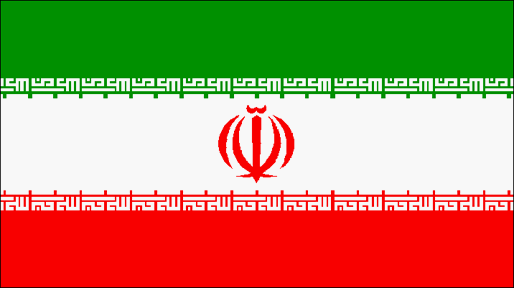



Iran is the most active sponsor of terrorism in the world. Since the inception of the Islamic state in 1979, the country has used terrorism as an integral part of its foreign and military policies. Iranian leaders view terrorism as a valid tool to accomplish their political objectives. Terrorist operations are reviewed and approved at the highest levels of the Iranian government, and the President of Iran is involved in the approval process of all major terrorist operations. Iranian-sponsored terrorism has had two major goals: Punishing opponents of the Islamic regime and expanding the Islamic movement throughout the Persian Gulf region.
Iranian-backed political violence has killed more than 1,000 people in over 200 terrorist attacks since the 1979 revolution, including some 80 assassinations of Iranian dissidents around the world. Major attacks include the suicide bombings of American and French military barracks in Beirut in 1983 which killed 299, a series of bombings in Paris in September 1986 which killed 12, attacks on the Israeli embassy and a Jewish community center in Buenos Aires in 1992 and 1994 which killed 125, and the bombing that killed 19 Americans in Dhahran in June 1995.
The Ministry of Intelligence and Security is responsible for intelligence collection to support terrorist operations. The ministry is also responsible for liaison activities with supported terrorist groups and Islamic fundamentalist movements. VEVAK has also conducted terrorist operations in support of Iranian objectives. Most of these activities have focused on attacks on Iranian dissidents.
On 17 September 1992 Sadegh Sharaf-Kindi, leader of the Democratic Party of Iranian Kurdistan (KDPI), was gunned down along with 3 colleagues at the Mykonos, a Greek restaurant in Berlin. An Iranian and four Lebanese were soon arrested and charged, and in March 1996 the German Federal Prosecutor issued an international arrest warrant for Iranian intelligence Minister Ali Fallahian for having ordered the killings. In final statements in late November 1996, German prosecutors charged Iranian Supreme Leader Khamenei and Iranian President Rafsanjani with approving the operation. Guilty verdicts for four of the accused were announced in April 1997.
Iranian leaders have consistently denied being able to revoke the fatwa against Salman Rushdie's life, in effect for nearly eight years, claiming that revocation is impossible because the author of the fatwa is deceased. There is no indication that Tehran is pressuring the 15 Khordad Foundation to withdraw the $2 million reward it is offering to anyone who will kill Rushdie.
Mujahedin units supported by Iran have assisted in the training of selected Bosnian army elements since 1993. Although the numbers of Mujahedin operating in Bosnia remained a matter of speculation, most credible estimates indicate approximately 2,500 members were present by mid-1995.